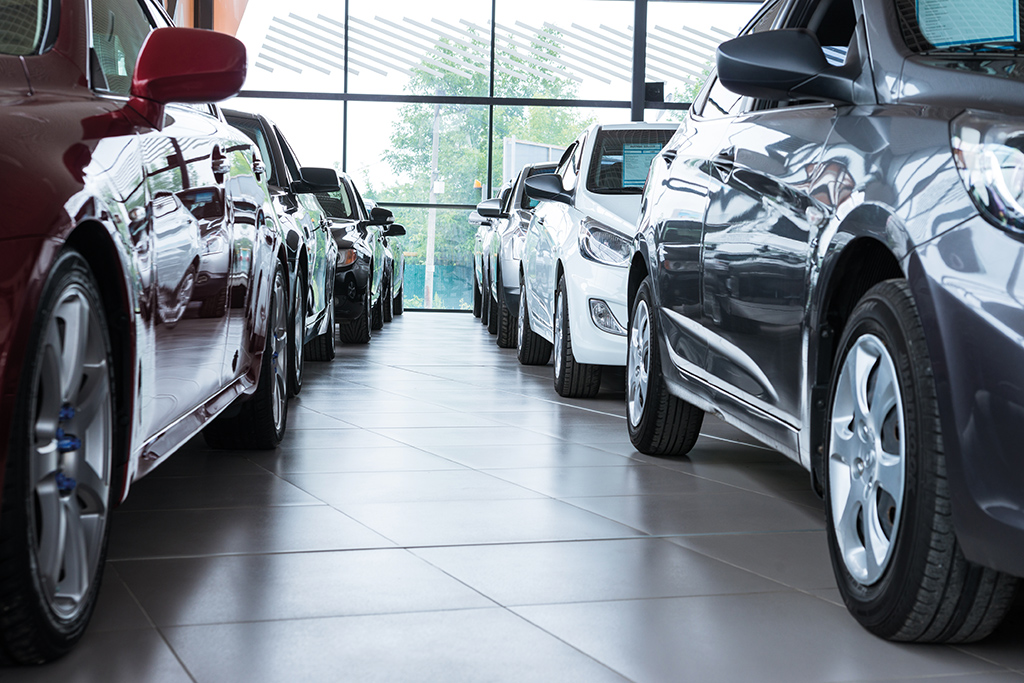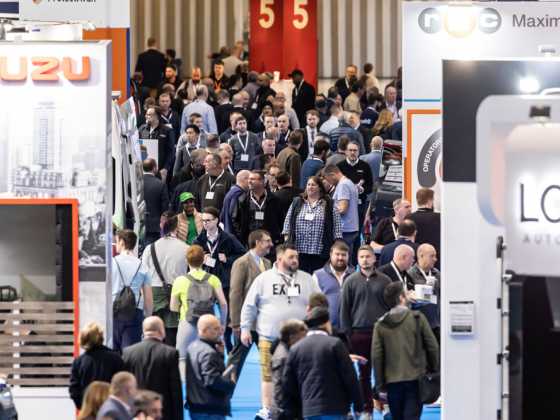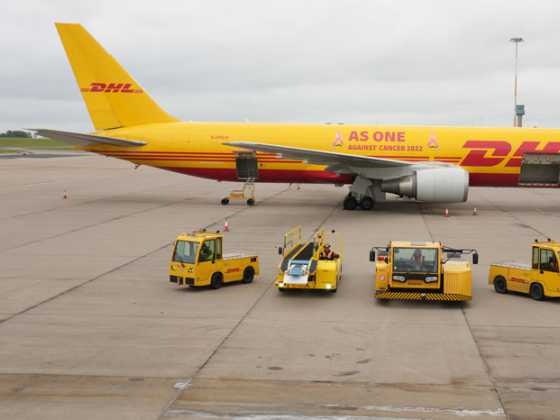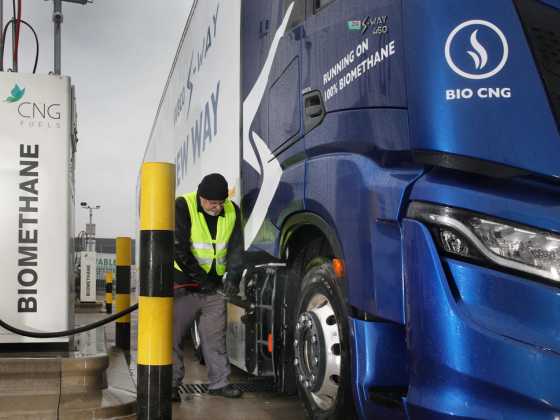Expert Panel: Leasing

Our leasing experts take on the subject of VED changes, the proposed diesel scrappage scheme, and how they think the government should be incentivising zero and ultra-low emission vehicles
Now we are in April, drivers of new cars registered from this point will need to pay the new rates for VED car tax.
Whereas previously car tax was calculated purely from a vehicle’s CO2 emissions, the new rates are based on cars that fit into three groups: zero-emission, standard and premium. Tax is calculated on both CO2 emissions and price.
Zero emission vehicles will continue to benefit from having no road tax to pay. Other vehicles will pay a flat charge of £140, but alternative fuel vehicles, such as hybrids, bi-ethanol and liquid petroleum gas powered vehicles, will receive a £10 reduction, bringing it down to £130.
The ‘premium’ group refers to vehicles with a list price of £40,000 or more. These vehicles will have to pay the standard rate plus an additional rate of £310 from the second year for five years, after which time it reverts back to just the standard rate. This is the case even if the vehicle has zero emissions.
The first year rate for all vehicles, however, is directly linked to the car’s CO2 emissions, with cars split into bands similar to the current system.
Matthew Walters from LeasePlan explains why the government changed the current system: “The new system has been developed to account for reductions in CO2 emissions. Under the existing system, no cars emitting under 100 gCO2/km pay any VED throughout their life. But, nowadays, more and more cars fall into this bracket. So, the government would be at risk of losing out on important tax revenues.”
With only zero-emission electric or hydrogen vehicles benefiting from no tax, Chris Chandler from Lex Autolease believes that this system “will remove the VED benefit of choosing low emitting vehicles.”
He says: “The irony is that our fleet customers, who typically choose low‑emitting vehicles, are likely to be the hardest hit, seeing their VED costs increase under the new scheme.”
Shaun Sadlier from Arval believes that the changes will bring a new level of complexity which businesses must understand and act on. He says: “We are regularly working with our customers to help review their vehicle policies and ensure that they are setting CO2 targets, or limits, which encourage or mandate drivers to choose lower CO2 emitting vehicles. This will allow them to reduce the impact of the new VED rates now they are in force.”
A growing expense?
The cost of car ownership is predicted to increase. The fall in the value of Stirling has lead some manufacturers to up the price of their vehicles. Add to this possible import tariffs that Brexit might bring, and the cost could increase further for imported cars.
Running costs are also predicted to rise. Insurance costs are going up, according to the latest Car Insurance Price Index from Confused.com, with the average premium at the end of last year 14 per cent higher than the previous year.
What’s more, filling up an average car is now £11 more expensive than a year ago, according to the RAC.
These factors, in addition to the increase in VED that some vehicles will command, and car ownership may no longer seem as such an appealing option. But will this drive more people to leasing options?
“A vehicle’s running costs, whether taxation, depreciation or maintenance, all need to be considered when weighing up the benefits of car ownership versus leasing or other emerging mobility alternatives,” says Matthew Walters from LeasePlan.
“The mobility landscape is changing rapidly as the traditional buy-to-drive model is being supplemented by on-demand ‘mobility as a service’ solutions. We believe that shift creates significant additional opportunities,” Matthew adds.
Shaun Sadlier from Arval says: “In a rapidly changing political and economic environment, we expect contract hire to continue to be an important and desirable funding option for businesses of all sizes. It provides important benefits, in particular a level of certainty in changing times, allowing businesses to budget effectively.”
“Historically a large proportion of SME’s have purchased their vehicles outright rather than leasing them. However, this renewed focus on costs is prompting many to consider vehicle leasing as a way of mitigating financial risk and protecting themselves from unexpected costs.”
Chris Chandler from Lex Autolease believes there are plenty of options available to keep people mobile. He says: “Contract hire is still the main method of choice for fleet operators, blending cost effectiveness, risk management and operational management to deliver a strong corporate offering.”
“In the retail sector, an increasing trend in “use not ownership” has seen a steady increase in personal contract hire/purchase which enables individuals to benefit from the latest vehicle technologies, fuel efficiency and clean technologies at a fixed monthly cost and with all maintenance and RV risks minimised.”
James Birch from Free2Move Lease meanwhile, believes that rather than cost increases, which will filter down to rentals, it is the change to the driver and company needs and attitudes which will drive people towards short‑term and flexible rental.
He says: “PSA has reacted to these changes by launching Free2Move which has a number of sub-companies dedicated to new mobility solutions, including car sharing and flexible solutions. Free2Move Lease will have a critical part in forming and developing these services as new digital and connected solutions.”
Diesel scrappage
In a bid to clean up air pollution, there have been reports that the government is drawing up plans for a diesel scrappage scheme. This would offer cashback or a discount on low emission cars if people trade in their old polluting diesel vehicles.
The Mayor of London, Sadiq Khan, has also urged the government to introduce a diesel scrappage ‘fund’. This would see £3,500 go to van and minibus drivers to change their polluting vehicles for cleaner ones, £2,000 credit scheme to help low-income London families scrap their polluting cars, and £1,000 to help replace London’s oldest taxis.
“One of the biggest culprits of poor urban air quality is known to be old technology diesel vehicles, both cars and commercial vehicles,” says Chris Chandler from Lex Autolease. “The older vehicles produce a significantly disproportionate amount of tailpipe emissions compared to the latest Euro 6 engines which have DPFs and NOx treatment systems, so it is no surprise that older vehicles are being targeted.”
He adds: “The scrappage scheme is a good idea in principle but it will need to be carefully constructed to prevent fraudulent use of the scheme and ensure that it genuinely replaces inefficient vehicles with efficient ones, affordably.”
James Birch from Free2Move Lease echoes this thought: “A scrappage scheme could be a good idea if it targets the right vehicles for the right reasons. If not managed correctly, I fear that people may mistake this for a ‘swap diesel for petrol’ scheme which would clearly not be the objective.”
He adds: “Today’s diesel engines still have a very important part to play in our ability to offer the best vehicle to optimise fuel economy, performance and lower emissions.”
Shaun Sadlier from Arval agrees that diesel is still firmly in the picture: “Diesel still has an important role to play for many fleets despite calls for a scrappage scheme. There are no confirmed details available about a scrappage scheme but it is likely that it would only be aimed at the very oldest, most polluting diesel vehicles on our roads.”
Looking at the future of diesel, Matthew Walters from LeasePlan adds: “The years before 2021 should see the implementation of the EU’s new Euro 7 emission standards, which will surely impose new requirements on the manufacturers of diesel cars. And European politicians are also working on a new regime of vehicle tests, so that ‘real world’ NO2 emissions can be more accurately recorded.
In many ways, proposed policies, such as this, will actually be good for diesel motorists. They will help bring about vehicles that aren’t just cleaner, but are also as clean as their manufacturers say they are. There will be less of the confusion that hovers above the marketplace now.
“But there’s also no point pretending that it is all straightforward and good news. The persistence of the diesel surcharge proves otherwise. And it is likely be joined by other policies that are either punitive to diesel cars or at least encourage the uptake of alternatively‑fuelled vehicles. Fleet managers should be preparing themselves for these possibilities.”
Green incentives
The UK is under scrutiny over air pollution levels, and so efforts to clean up transport are being ramped up further.
The looming low-emission zones, tax incentives, more vehicle choice and a growing charging infrastructure has helped grow the low and zero emission vehicle market.
Figures from the Society of Motor Manufacturers and Traders (SMMT) show that there has been a 31 per cent increase in the registrations of alternatively fuelled vehicles this March compared to last March.
Whilst things are moving in the right direction, the overall market share is small. So what do our panelists think the government should do to further incentives the purchase of electric vehicles and ULEVs?
Chris Chandler from Lex Autolease says: “For the mass adoption of ULEVs I think there also needs to be more “in life” benefits to owning and running a plug-in vehicle. In countries where electric vehicle uptake has been highest, benefits such as free parking and charging, the ability to use bus/ taxi and high occupancy vehicle lanes have been highly successful.”
Chris also highlights the lack of incentive for used-car buyers: “At present most of the incentives are front end loaded to the first buyer of the vehicle. To reach mass market acceptance the second user needs consideration. This will not only make them more attractive in the used market, but this would also bolster residual values making new leases for ULEVs cheaper too.”
Matthew Walters from LeasePlan agrees that life should be made easier for EV drivers: “There are a number of incentives the government could consider to encourage an uptake of eco-friendly vehicles, including free parking in cities, free-use of charging points, permission to use bus lanes and no congestion charges.
In July 2016, Milton Keynes became the first city to launch a green-vehicle permit, giving electric cars free parking – part of the government’s plan to tempt drivers into buying green vehicles.”
Shaun Sadlier from Arval believes that the infrastructure and vehicle costs still need to be improved. He says: “As we see more and more drivers consider choosing ULEVs, it is essential that the government invests in the charging infrastructure at a speed necessary to meet demand. It is only in doing this that plug-in vehicles will become a practical choice for a broad cross-section of drivers.”
He adds: “Of course responsibility doesn’t sit with the government alone. As they have done in previous years, the manufacturers have a key role to play in introducing attractive ULEV models at an affordable price. In doing so, consumers and businesses will naturally gravitate to cleaner and more efficient vehicles.”
James Birch from Free2Move Lease believes that collaboration and sharing information is crucial to drive the industry forward. He explains: “I am not convinced of the effectiveness of short term incentives and actions. The main benefits are gained through working closely with vehicle manufacturers, fleet associations and larger fleet users to fully understand the challenges and shared common objectives. Today’s drivers and all of the above stakeholders are now fully aligned with the importance of achieving environmental objectives.”
Expert final thoughts
Shaun Sadlier
It is essential that the government invests in the charging infrastructure at a speed necessary to meet demand. Manufacturers also have a key role to play in introducing attractive ULEV models at an affordable price. In doing so, consumers and businesses will naturally gravitate to more efficient vehicles.
We recently heard that street lights in Kensington and Chelsea have been converted into charge points for electric vehicles. It is this kind of practical advance which will also support ULEV uptake.
James Birch
A diesel scrappage scheme could be a good idea if it targets the right vehicles for the right reasons. If not managed correctly, I fear that people may mistake this for a ‘swap diesel for petrol’ scheme which would clearly not be the objective.
Todays diesel engines, such as PSA’s award‑winning BlueHDi engines, still have a very important part to play in our ability to offer the best vehicle to optimise fuel economy, performance and lower emissions.
Chris Chandler
For the mass adoption of ULEVs, I think there also needs to be more “in life” benefits to owning running a plug-in vehicle. In countries where electric vehicle uptake has been highest, benefits such as free parking and charging, the ability to use bus/taxi and high‑occupancy vehicle lanes have been highly successful.
These in life benefits also ensure there are incentives for buyers of second hand vehicles. At present most of the incentives are front‑end loaded to the first buyer of the vehicle. To reach mass market acceptance the second user needs consideration.
Mathew Walters
Proposed policies to clean up new diesels and scrap old ones will actually be good for diesel motorists. They will help bring about vehicles that aren’t just cleaner, but are also as clean as their manufacturers say they are. There will be less of the confusion that hovers above the marketplace now.
But there’s also no point pretending that it is all straightforward and good news. The persistence of the diesel surcharge proves otherwise. And it is likely be joined by other policies that are either punitive to diesel.






